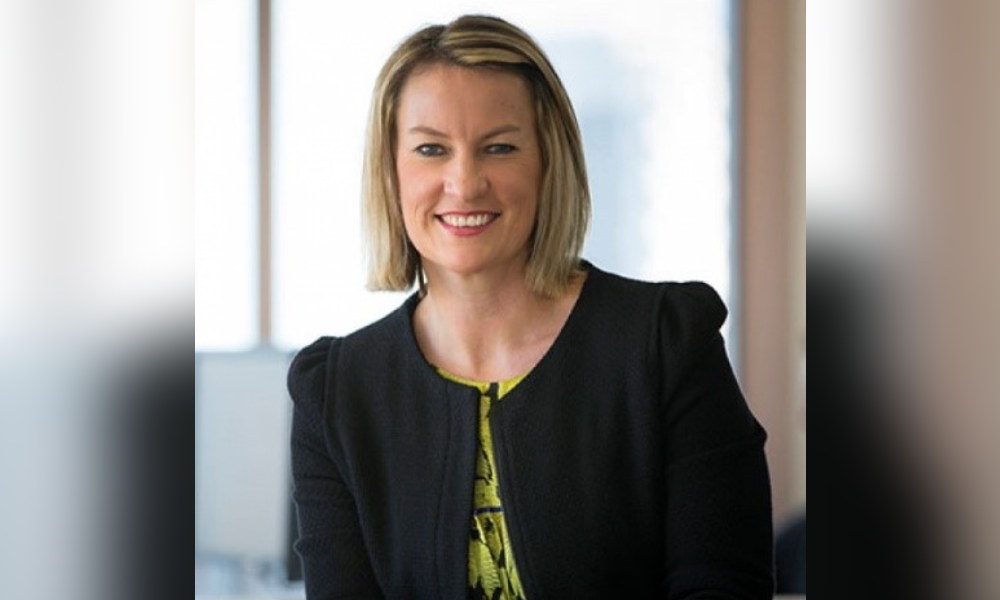
BNZ’s HR lead on why flexibility will do wonders for the country’s regions

As we get into the swing of 2021, HR leaders across New Zealand will be getting to grips with their business’s ‘new normal’.
The demand for flexibility is here to stay and most progressive employers have listened and learned from their employees after the most challenging year in the last decade.
Thought leaders in the industry agree the challenge is getting the balance right, reimaging the workplace for a post-pandemic world.
HRD spoke to Kate Daly, director of people and communications at Bank of New Zealand, and speaker at the upcoming National HR Summit NZ.
“One of the key challenges this year will be holding onto what worked really well during COVID,” she said.
“We need to question how to retain the lessons we've learned around flexibility which have provided people with the opportunity to work in a very different way.”
Daly said by implementing flexible and agile working arrangements, employers will be able to create more far-reaching and diverse talent pools.
Read more: Future of work and the engagement crisis
“There will be a real opportunity for us in New Zealand for employers to think more flexibly about employing talent from around the regions and outside of the large cities,” she said.
“People will now have the option to be employed and working for a large employer but not necessarily be domiciled full time in that city.”
Daly said while the pandemic was a hugely disruptive event and one that won’t be forgotten in a hurry, HR leaders must set their sights on the future.
Strategic plans should continue to focus on three and five year ambitions in order to drive real change, especially in the diversity and inclusion space.
“You can't lose sight of what you’re working towards and so I think it's about how you maintain momentum and how you continue to work towards evolving your workplace culture.”
Equally important is the need to support employee wellbeing as we focus on post-pandemic recovery.
When the time comes to reopen borders to international travel, the risk of a new outbreak will be ever present.
Read more: Future of work: Does HR have the skills to survive?
Meaning that while New Zealand has led the way in reacting to the pandemic, it would be naïve to think the future will be plain sailing.
So how can businesses be prepared for future lockdowns or restrictions?
“The need to really look after our colleagues’ wellbeing and mental health is on the forefront of most HR professionals’ minds,” Daly said.
“If we were to go back into a lockdown for an extended period we have to be confident on how we support people who are alone and struggled with isolation.
“HR directors will be spending time on trying to get ready and be prepared in case a lockdown ever happens again.”
To hear more from Daly and other leading HR experts, register for this year’s National HR Summit New Zealand.